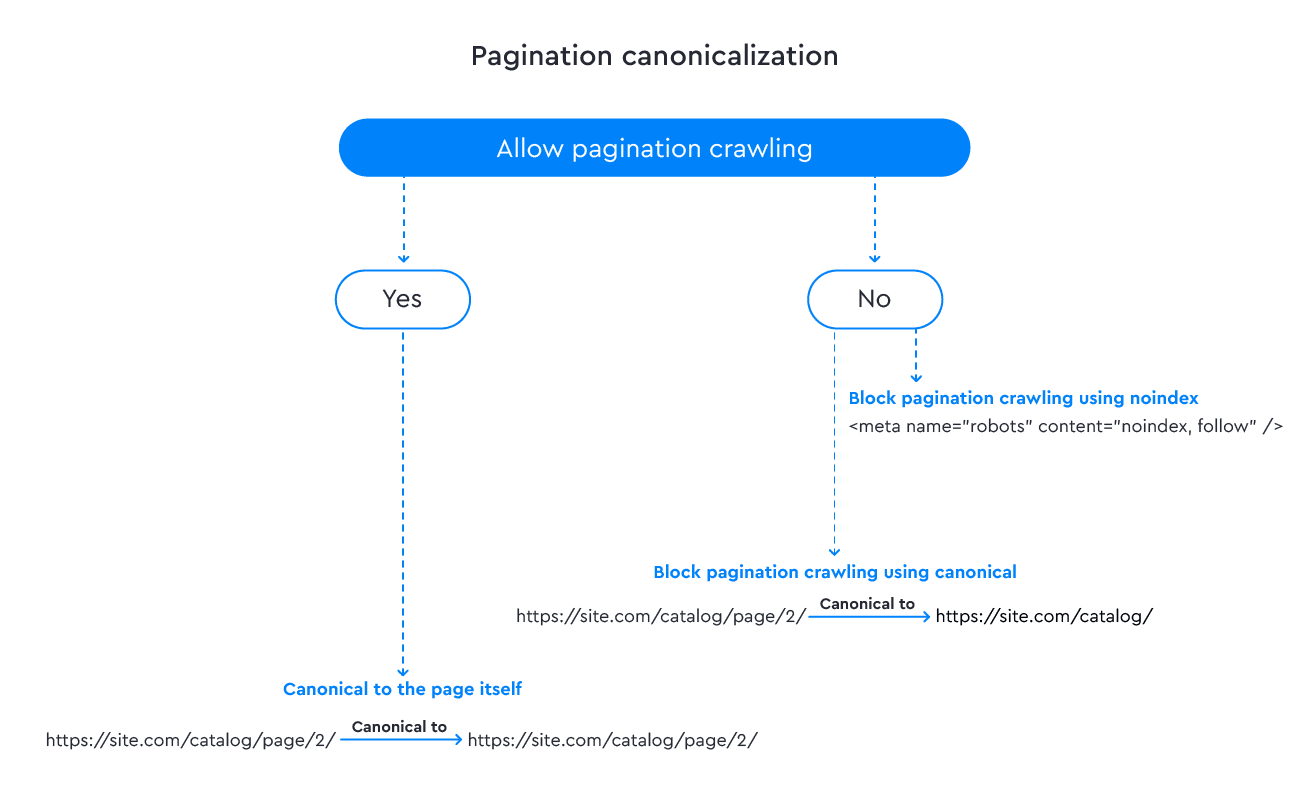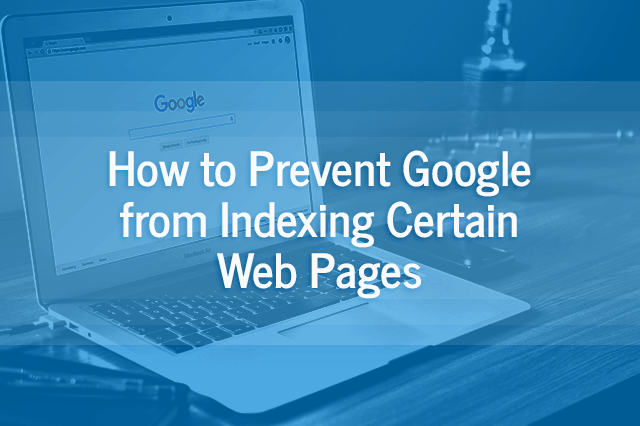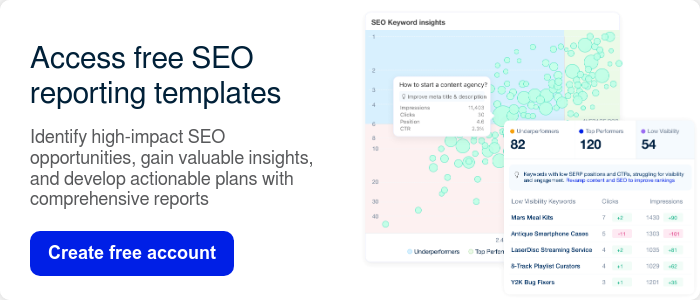Use pagination to improve crawl efficiency by distributing content across multiple pages. This helps search engines index your site better.
Pagination is a crucial element for websites with extensive content. It breaks down large amounts of data into manageable segments. This not only enhances user experience but also optimizes crawl efficiency. Search engines find it easier to navigate and index paginated content.
Properly implemented pagination ensures that all significant pages get indexed. This can lead to better search rankings. Moreover, it prevents search engines from overlooking valuable content. Implementing pagination correctly involves using rel=”next” and rel=”prev” tags. These tags guide search engines through your content. They indicate the relationship between paginated pages. This way, your entire site remains visible to search engines.
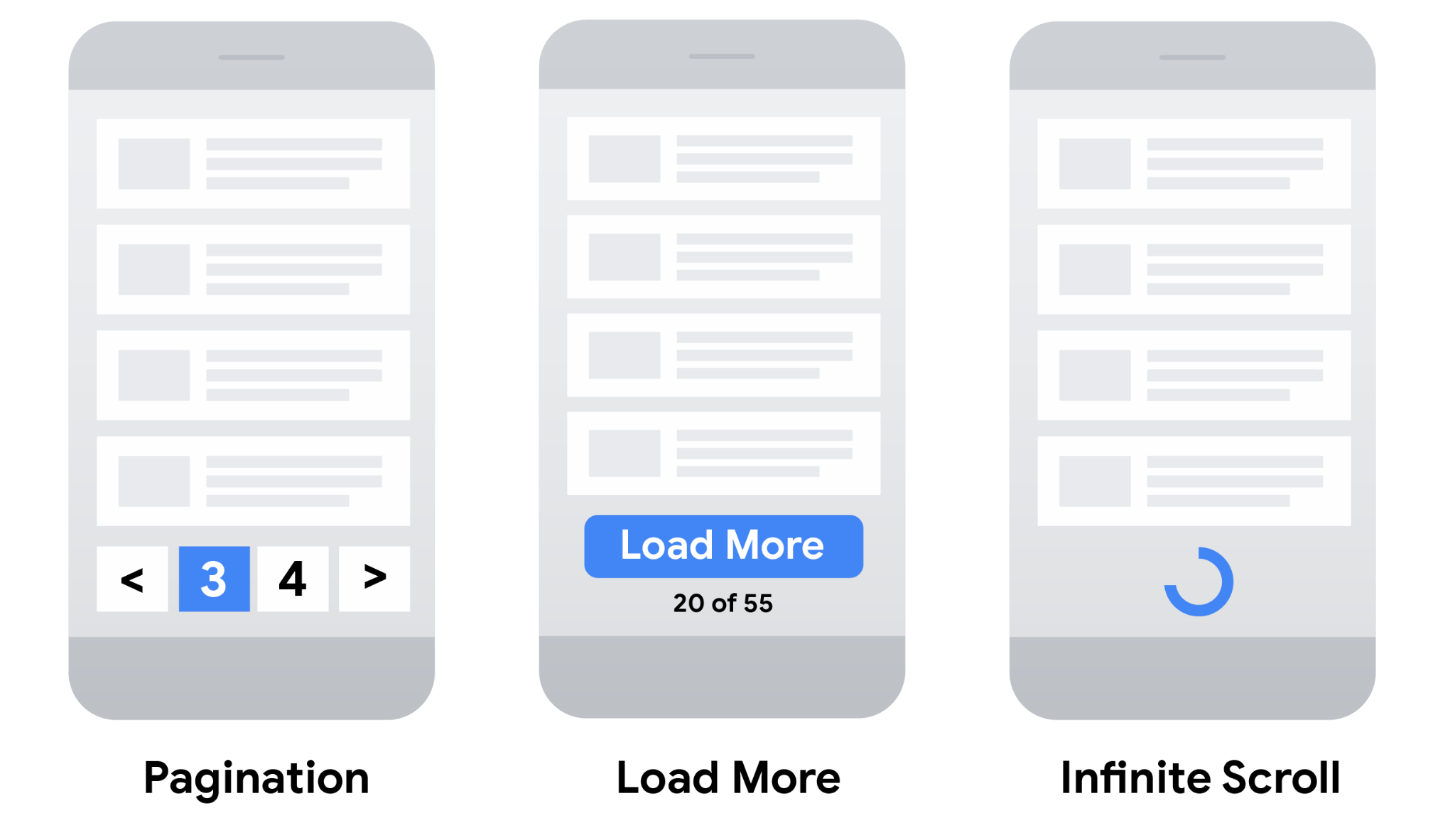
Credit: developers.google.com
Introduction To Crawl Efficiency
Crawl efficiency is crucial for any website’s SEO success. It ensures search engines index all important pages. Using pagination correctly can significantly improve this efficiency.
Importance Of Crawl Efficiency
Understanding crawl efficiency helps improve your website’s visibility. It means search engines can index your pages quickly and accurately. A higher crawl efficiency leads to better rankings.
Search engines have limited time to crawl each website. They prioritize websites with better structure and organization. Efficient crawling ensures that all your important pages get indexed.
Using pagination helps distribute the crawl budget. This means search engines can find and index deeper pages easily.
Common Challenges
Many websites face issues with crawl efficiency. These issues can hinder search engine rankings.
- Duplicate content: Search engines might waste time on duplicate pages.
- Infinite scrolling: Makes it hard for search engines to reach all content.
- Broken links: These can stop the crawl process.
- Excessive parameters: Can confuse search engines and waste crawl budget.
Proper pagination addresses these challenges. It ensures search engines can navigate your site efficiently.
How Pagination Improves Crawl Efficiency
Pagination divides content into multiple pages. This makes it easier for search engines to index your content.
Here’s a quick example:
| Page Number | Content Type |
|---|---|
| Page 1 | Main Content |
| Page 2 | Additional Articles |
| Page 3 | Older Posts |
With pagination, search engines can easily follow the structure. This results in better crawl efficiency and improved SEO.
Understanding Pagination
Pagination helps users navigate through web content easily. It also improves crawl efficiency by search engines. Let’s dive deeper into understanding pagination and its types.
What Is Pagination?
Pagination is the practice of dividing content into discrete pages. This method is essential for improving user experience on your website. It prevents users from being overwhelmed by too much information at once.
Pagination also plays a vital role in SEO. It helps search engines crawl your site more effectively. This results in better indexing of your content.
Types Of Pagination
There are several types of pagination. Each has its own benefits and use cases. Below is a table summarizing the common types of pagination:
| Type | Description | Use Case |
|---|---|---|
| Numeric Pagination | Displays page numbers for navigation. | Ideal for blogs and news sites. |
| Load More | Loads more content with a button click. | Suitable for social media feeds. |
| Infinite Scroll | Automatically loads new content as user scrolls. | Best for image galleries and long lists. |
Each type of pagination has its own pros and cons. Choose the one that best fits your website’s needs. Implementing the right pagination strategy can greatly enhance both user experience and crawl efficiency.
Benefits Of Using Pagination
Using pagination can significantly enhance your website’s performance. It can improve user experience, boost SEO, and help search engines crawl your site efficiently. Let’s explore the key benefits of using pagination.
Improved User Experience
Pagination helps users navigate large amounts of content easily. Instead of endless scrolling, users can click through pages. This can make finding specific information quicker and more intuitive.
- Users spend less time searching.
- Content becomes more organized.
- Navigation improves with clear page numbers.
Pagination also reduces load times. Only a portion of content loads at once, speeding up page performance. This can keep users engaged and reduce bounce rates.
Enhanced Seo
Pagination plays a crucial role in SEO. It helps search engines understand your content structure. Search engines can crawl and index your site more efficiently.
Key SEO benefits include:
- Better content organization.
- Improved crawl efficiency.
- Enhanced link equity distribution.
With pagination, each page has its own URL. This can help target specific keywords on different pages, increasing your chances of ranking higher.
Pagination can also prevent duplicate content issues. It signals to search engines how to handle your paginated pages, ensuring your content is unique and valuable.
Implementing Pagination
Effective pagination helps improve crawl efficiency on your website. It divides content into manageable chunks. This ensures better navigation and faster load times. There are two main methods: setting up page numbers and using infinite scroll.
Setting Up Page Numbers
Setting up page numbers is a traditional method. It involves dividing content into numbered pages. Users can easily navigate through these pages.
- Step 1: Identify content categories that need pagination.
- Step 2: Decide on the number of items per page.
- Step 3: Implement HTML and CSS for numbered navigation links.
Here’s a basic example of pagination code:
Page numbers provide clear navigation. This method is especially useful for large content sites. It ensures that search engines crawl all pages.
Using Infinite Scroll
Infinite scroll is a modern pagination method. It loads content as users scroll down. This creates a seamless experience.
Follow these steps to implement infinite scroll:
- Step 1: Choose a JavaScript library for infinite scroll.
- Step 2: Integrate the library into your website.
- Step 3: Configure the library settings for your needs.
Here’s a basic example using JavaScript:
Infinite scroll offers a smooth user experience. It keeps users engaged by continuously loading content. This method suits social media and content-heavy websites.
Both methods improve crawl efficiency. Choose the method that best fits your website’s needs. Properly implemented pagination enhances user experience and search engine indexing.
Pagination Best Practices
Implementing proper pagination can significantly improve your website’s crawl efficiency. This ensures search engines can effectively index your content. Following best practices for pagination is crucial. Below are essential guidelines to enhance your site’s crawl efficiency.
Proper Html Markup
Using correct HTML markup is vital for pagination. Ensure each page in the series follows a consistent structure.
Here’s an example of proper HTML pagination:
Rel=prev And Rel=next
Using Rel=Prev and Rel=Next attributes helps search engines understand the relationship between pages.
Here’s how to implement them:
| Link Attribute | Example Code |
|---|---|
| Rel=Prev | |
| Rel=Next | |
These attributes should be placed in the section of your HTML.
Using these attributes ensures better crawl efficiency. It also improves the user experience.
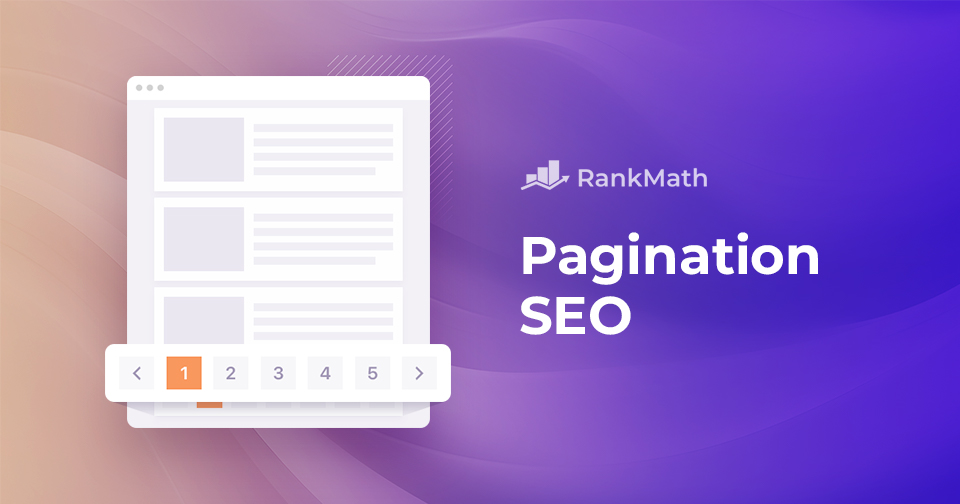
Credit: rankmath.com
Avoiding Common Pagination Mistakes
Implementing pagination can boost your website’s crawl efficiency. But, common mistakes can hinder this process. Understanding these mistakes helps you avoid them and improve your site’s performance.
Duplicate Content Issues
Duplicate content confuses search engines and hampers SEO. Here’s how to avoid it:
- Use rel=”canonical” tags to point to the main page.
- Ensure each paginated page has unique content.
- Avoid using identical titles and meta descriptions on paginated pages.
Example:
Crawl Budget Wastage
Search engines allocate a crawl budget for each site. Efficient use of this budget is crucial.
Here’s how to prevent crawl budget wastage:
- Limit the number of paginated pages.
- Use robots.txt to block unnecessary pages.
- Implement strong internal linking strategies.
Example of robots.txt:
User-agent:
Disallow: /page2
Disallow: /page3
Implement these steps to use your crawl budget effectively.
By avoiding these common mistakes, you can significantly improve your site’s crawl efficiency.
Monitoring Crawl Efficiency
Monitoring crawl efficiency is crucial for improving your website’s visibility. Efficient crawls help search engines index your site better. One way to do this is through pagination. Let’s explore how to monitor crawl efficiency effectively.
Using Google Search Console
Google Search Console is a powerful tool for monitoring your site’s crawl efficiency. Follow these steps to utilize it:
- Log in to your Google Search Console account.
- Go to the Coverage section.
- Review the Errors and Valid with warnings tabs.
Identifying errors can help you fix issues affecting crawl efficiency. Pay attention to:
- 404 errors: Pages not found.
- 500 errors: Server issues.
- Redirect errors: Improper redirects.
Regularly checking these can ensure search engines crawl your site efficiently.
Analyzing Crawl Stats
Analyzing crawl stats provides insights into how search engines interact with your site. In Google Search Console:
- Navigate to the Settings section.
- Click on Crawl Stats.
You will see data such as:
| Metric | Description |
|---|---|
| Pages crawled per day | Number of pages crawled daily. |
| Crawl requests | Total crawl requests made. |
| Download time | Time taken to download a page. |
Focus on reducing download time and increasing pages crawled per day. Use this data to adjust your pagination strategy. Efficient pagination leads to better crawl allocation.
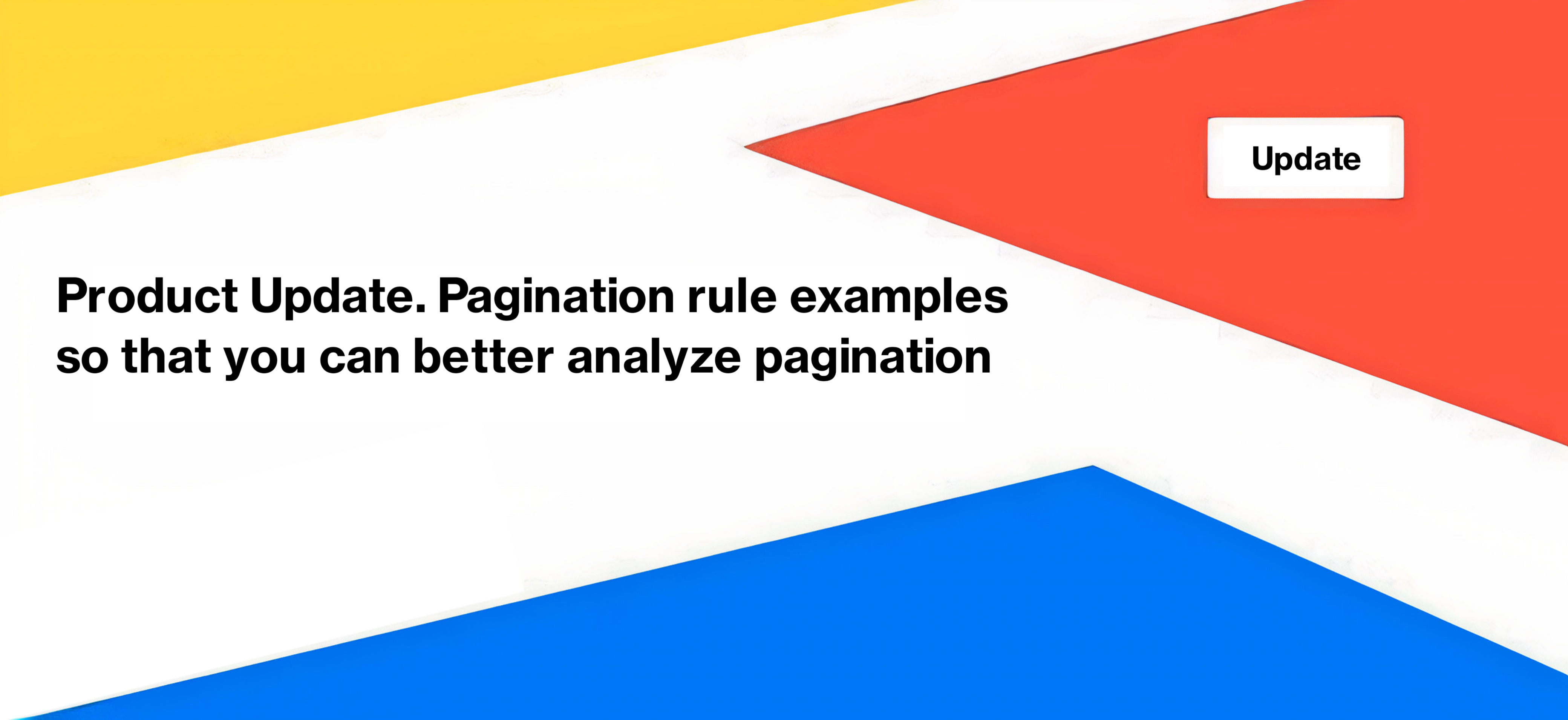
Credit: jetoctopus.com
Advanced Pagination Techniques
Improving crawl efficiency using pagination is essential. Advanced pagination techniques can help. This section explores JavaScript-based pagination and handling dynamic URLs.
Javascript-based Pagination
JavaScript-based pagination can enhance user experience. It loads content dynamically. This technique helps avoid page reloads. Search engines might struggle to crawl JavaScript-generated content.
To ensure proper crawling, use the Prerender.io service. It creates static HTML snapshots. These snapshots are easily crawlable by search engines.
Another method is to use the History API. This API updates the URL without reloading the page. Ensure your server can serve content for these URLs.
history.pushState(null, '', '/page/2');
Combine JavaScript with server-side rendering. This improves both user experience and crawl efficiency.
Handling Dynamic Urls
Dynamic URLs can confuse search engines. They might create duplicate content issues. Use URL parameters wisely.
Follow these steps to handle dynamic URLs:
- Use canonical tags to indicate the preferred URL version.
- Implement 301 redirects for duplicate URLs.
- Utilize robots.txt to block unnecessary parameter URLs.
Here’s a sample robots.txt rule to block parameters:
User-agent:
Disallow: /?sort=
Ensure your pagination URLs follow a consistent structure. For example:
| Page | URL |
|---|---|
| Page 1 | /category/page/1 |
| Page 2 | /category/page/2 |
Maintain a clear and concise URL structure. This helps search engines understand and crawl your site better.
Case Studies And Examples
Improving crawl efficiency using pagination can boost your website’s SEO. Real-world examples help understand the practical benefits. This section explores case studies and lessons learned.
Successful Implementations
Here are some successful implementations of pagination to improve crawl efficiency:
- Website A: Implemented numbered pagination. Saw a 20% increase in indexed pages.
- Website B: Used rel=”next” and rel=”prev” tags. Improved crawl budget by 15%.
- Website C: Adopted infinite scroll with proper crawlable content. Boosted organic traffic by 10%.
Lessons Learned
These case studies offer valuable lessons:
- Numbered Pagination: Helps search engines understand page structure.
- Rel=”next” and Rel=”prev” Tags: Guide crawlers through paginated content.
- Infinite Scroll: Must ensure content is crawlable. Use techniques like “load more” buttons.
In summary, proper pagination improves crawl efficiency. Learn from these examples to enhance your site’s SEO.
Frequently Asked Questions
What Is Crawl Efficiency In Seo?
Crawl efficiency refers to how effectively search engines index your site’s pages. Better crawl efficiency ensures more pages are indexed.
How Does Pagination Affect Seo?
Pagination helps search engines understand the structure of your site. Proper pagination can enhance crawl efficiency and user experience.
Why Improve Crawl Efficiency?
Improving crawl efficiency ensures search engines index your important pages. It can lead to better rankings and more organic traffic.
What Are Common Pagination Mistakes?
Common pagination mistakes include incorrect rel=”next” and rel=”prev” tags. Broken pagination links also hinder crawl efficiency and user experience.
Conclusion
Boosting crawl efficiency with pagination is crucial. Implementing these strategies ensures better site indexing and improved SEO. Focus on user experience while optimizing your site. Proper pagination helps search engines understand your content. Enhance your website’s performance and visibility by following these tips.
Your site will benefit from better search engine rankings.

